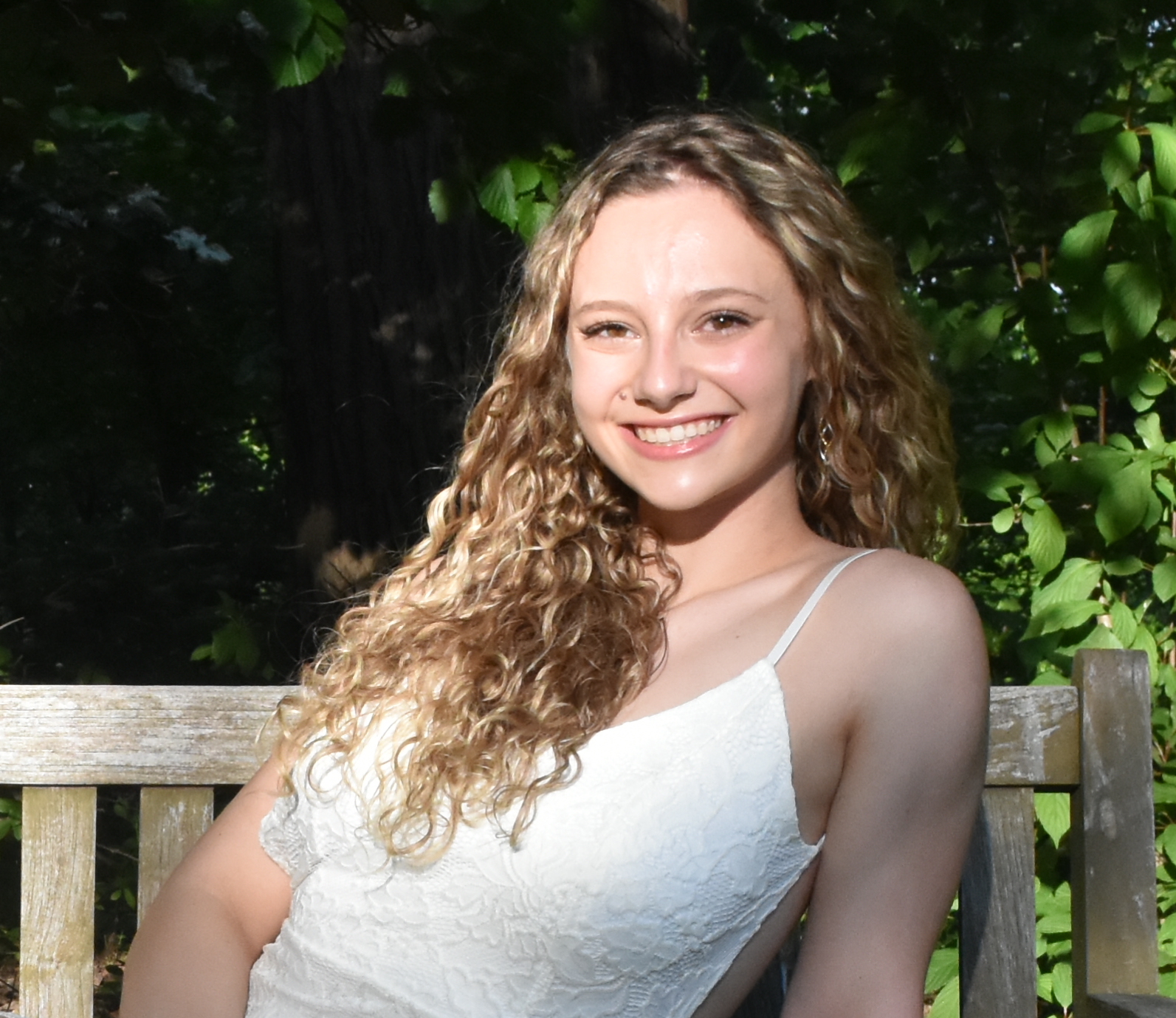Research Symposium
22nd annual Undergraduate Research Symposium
Remi Ventura Poster Session 2: 10:00-10:45/Poster #60

BIO
My name is Remi Ventura and I am a freshman in the Honors Program from New Jersey. Since attending Florida State University, it has been my goal to obtain as much experience as I can. Working beneath Bobbie Renfro through UROP has been an amazing, eye-opening experience. I have been able to learn and participate in meaningful research with live specimens which has furthered my passion for hands-on work with marine organisms. We studied the proper food intake necessary to cultivate marine sponge organisms in a closed system within the lab. In the future, I hope to work as a Marine Animal Rescue Veterinary Specialist and continue to help with the preservation and restoration of marine ecosystems. Through working with my mentor and the environmental science major, I hope to learn more about issues affecting marine life and different ways that I can help in solving them. In addition to UROP, I am involved in the Jewish Student Union as Treasurer, Phi Mu Fraternity Cabinet as Finance Assistant, and the Honors Student Association as Relay for Life Chair. I am also an aerialist for the FSU Flying High Circus and will be performing this April in over half our performances.
The Aquaculture of Sponges--Coral Reef Superheroes--in a Closed System
Authors: Remi Ventura, Bobbie RenfroStudent Major: Environmental Science/Criminology
Mentor: Bobbie Renfro
Mentor's Department: Department of Biological Sciences Mentor's College: College of Arts and Sciences Co-Presenters:
Abstract
Sponges have numerous responsibilities in coral reef ecosystems that support the survival and function of corals. Sponges provide structural support to reef corals improving their survival and assisting with coral reef regeneration following physical damage. Despite their importance to the maintenance of coral reef ecosystems, sponges are poorly understood in part because they are difficult to maintain in closed aquaculture systems used in many laboratory settings. The research conducted herein will improve our understanding of an integral part of closed-system sponge cultivation: proper food distribution. The effects of two different quantities of food on the growth and survival of the sponge, Axinella pomponiae, were tested in this study. Four individual sponges were subdivided to control genotype and half of each individual was used in each treatment group (Recommended food level: 60 mL and Elevated food level: 160 mL). Food treatments were calculated using a ratio derived from Reiswig (1971) who stated that 1 cm^3 of sponge tissue can filter 1 liter of water per hour. Sponges were fed live phytoplankton containing four different species of microalgae. The results of this study can be used as a guide for cultivation of sponges in laboratory settings. Lab cultivation will allow for the generation of sponge populations to be used for research to better understand these diverse organisms. Additionally, this will allow for the maintenance of stock populations to be used for restoration, preventing the need for fragmentation of natural sponge individuals for restoration activities.
Keywords: sponge cultivation, sponges, closed system lab, coral reefs

